Prepping isn’t just about stockpiling food and water. It’s a mindset, a way of life that requires constant learning and adaptation. Even seasoned preppers can fall into common traps that might leave them vulnerable when disaster strikes. These mistakes aren’t always obvious, but they can have serious consequences. By identifying and correcting these errors, you can significantly improve your preparedness and increase your chances of survival in any scenario.
Overlooking Dental Hygiene Supplies

Many preppers forget to include dental care items in their stockpile. Toothaches and infections can be debilitating and potentially life-threatening in a survival situation. Make sure to store extra toothbrushes, toothpaste, floss, and even basic dental tools. Consider learning some basic dental first aid techniques to handle emergencies when professional help isn’t available. Include natural pain relievers like clove oil, which can provide temporary relief for dental pain.
Neglecting Financial Preparedness

While physical supplies are crucial, financial preparedness is often overlooked. Don’t forget to build an emergency fund, keep some cash on hand, and consider investing in precious metals. Having a solid financial foundation can help you weather economic uncertainty and give you more options during a crisis. Aim to have at least three to six months of living expenses saved in an easily accessible account.
Failing to Rotate Food Stocks

Simply stockpiling food isn’t enough; you need to rotate your supplies regularly. Many preppers make the mistake of buying food and forgetting about it until it’s expired. Set up a system to track expiration dates and use older items in your day-to-day life. This ensures your stockpile remains fresh and reduces waste. Consider using a first-in, first-out (FIFO) system to manage your food storage effectively.
Ignoring The Importance Of Community

No man is an island, especially in a crisis. Many preppers focus solely on individual or family preparedness, neglecting the power of community. Build relationships with neighbors, join local prepping groups, and consider forming a mutual aid network. A strong community can provide invaluable support and resources during tough times. Organize regular community preparedness events to share knowledge and build trust.
Overemphasizing Guns And Ammo

While self-defense is important, some preppers go overboard with firearms and ammunition at the expense of other crucial supplies. Balance is key. Make sure you’re also investing in medical supplies, water filtration systems, and other essential gear. Remember, you can’t eat bullets. Focus on becoming proficient with a few reliable weapons rather than accumulating an arsenal you can’t effectively use or transport.
Neglecting Physical Fitness

Your body is your most important survival tool. Many preppers focus on gear and supplies but neglect their physical fitness. Regular exercise, especially cardiovascular and strength training, can significantly improve your chances of survival in demanding situations. Start a fitness routine now; don’t wait for disaster to strike. Incorporate functional fitness exercises that mimic real-world survival tasks, such as carrying heavy loads or climbing.
Failing To Learn And Practice Skills
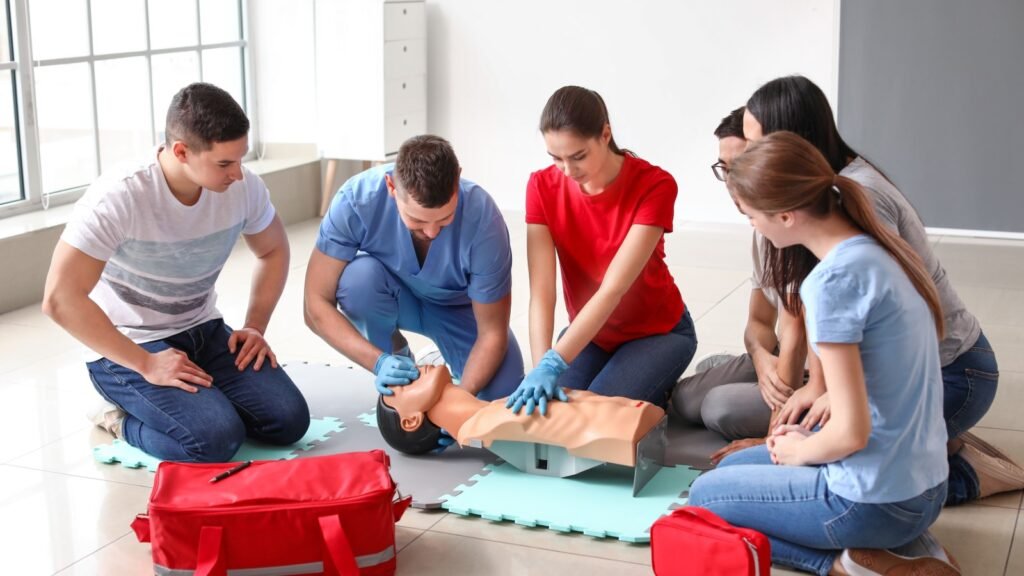
Having supplies is great, but knowing how to use them is crucial. Many preppers make the mistake of buying gear without learning the associated skills. Take the time to learn and regularly practice skills like first aid, fire starting, foraging, and basic repairs. These skills are just as important as your physical supplies. Set aside dedicated time each week to learn or practice a new survival skill.
Storing All Supplies In One Location
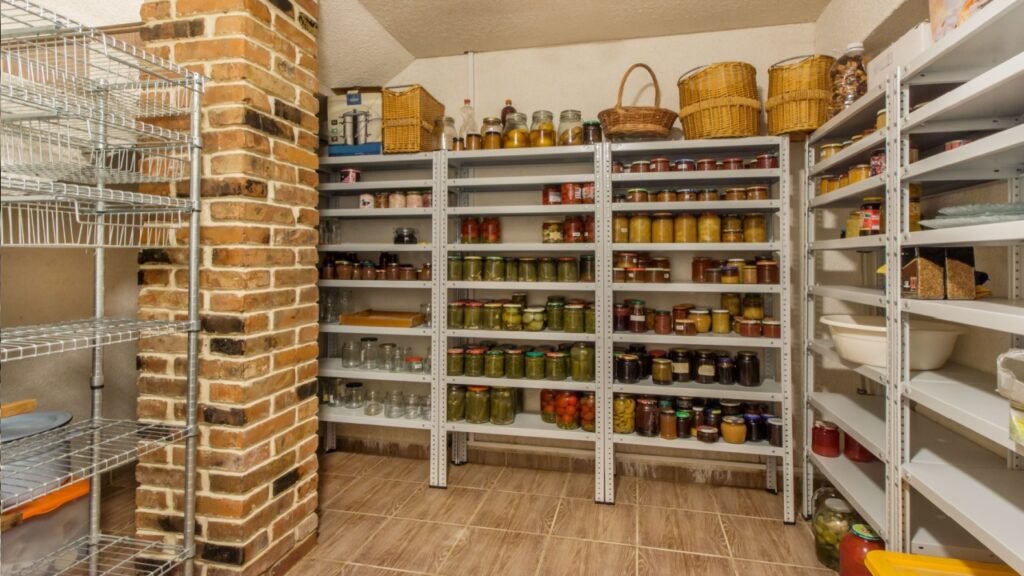
Putting all your eggs in one basket is a risky strategy. If your primary storage location is compromised, you could lose everything. Consider diversifying your storage locations. Create multiple caches, both on your property and in secure off-site locations. This strategy can save you if you’re forced to evacuate or if your main stockpile is destroyed. Use weatherproof containers and create detailed maps of your cache locations.
Overlooking The Importance Of Gray Man Tactics

In a crisis, drawing attention to yourself can be dangerous. Many preppers inadvertently make themselves targets by openly discussing their preparations or wearing tactical gear. Learn and practice “gray man” tactics to blend in with the crowd. Being inconspicuous can be a valuable survival skill in many scenarios. Develop a non-threatening appearance and practice situational awareness to avoid standing out in potentially dangerous situations.
Neglecting Mental Health Preparedness

Physical preparedness is important, but mental resilience is equally crucial. Many preppers overlook the psychological aspects of survival. Consider learning stress management techniques, meditation, or other mental health practices. Stock up on morale-boosting items like books, games, or hobby supplies to maintain mental well-being during extended crises. Develop a support system and have a plan for managing stress and anxiety in high-pressure situations.
Failing To Have A Communication Plan
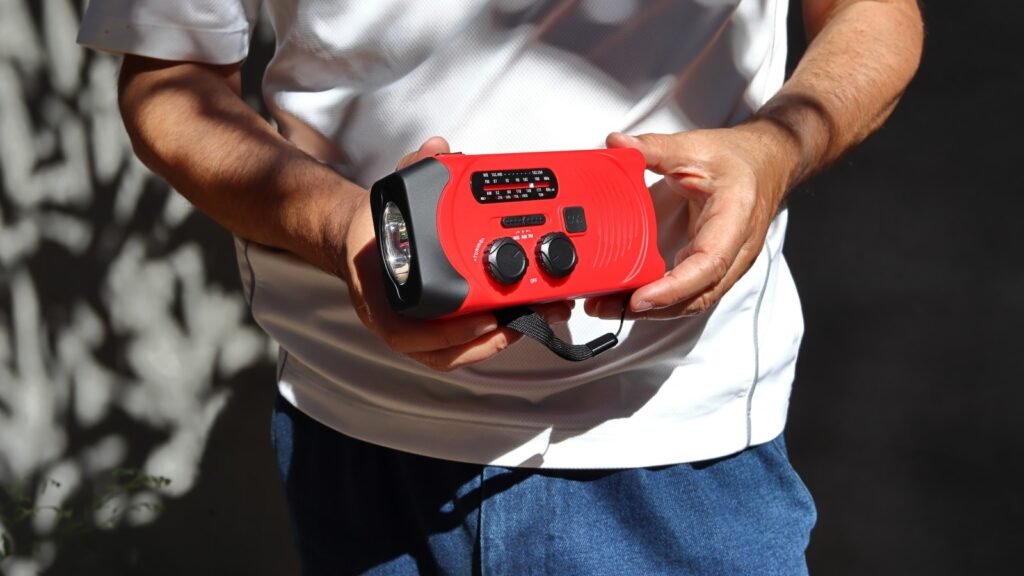
In a disaster, normal communication channels may be disrupted. Many preppers fail to establish alternative communication methods with their loved ones. Consider investing in two-way radios, learning Morse code, or establishing predetermined meeting points. Having a solid communication plan can keep your group together when it matters most. Practice your communication plan regularly to ensure everyone is familiar with the procedures.
Overlooking The Importance Of Documentation
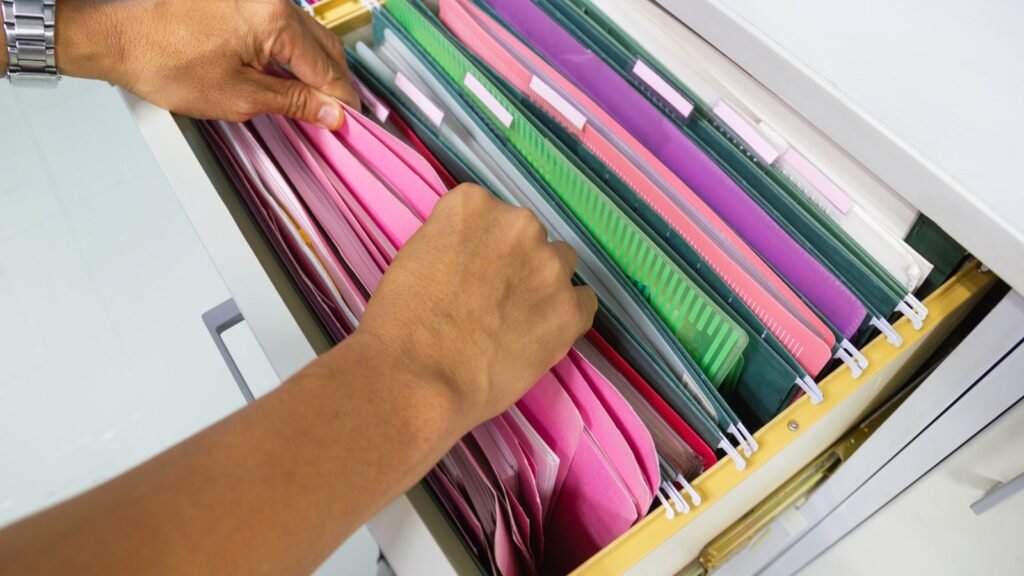
In the chaos of a disaster, important documents can be lost or destroyed. Many preppers forget to secure copies of crucial paperwork. Create a “bug-out binder” with copies of identification, medical records, property deeds, and other essential documents. Store this in a waterproof, portable container for quick access during emergencies. Consider storing digital copies of important documents on an encrypted USB drive as a backup.
Neglecting Hygiene And Sanitation Preps
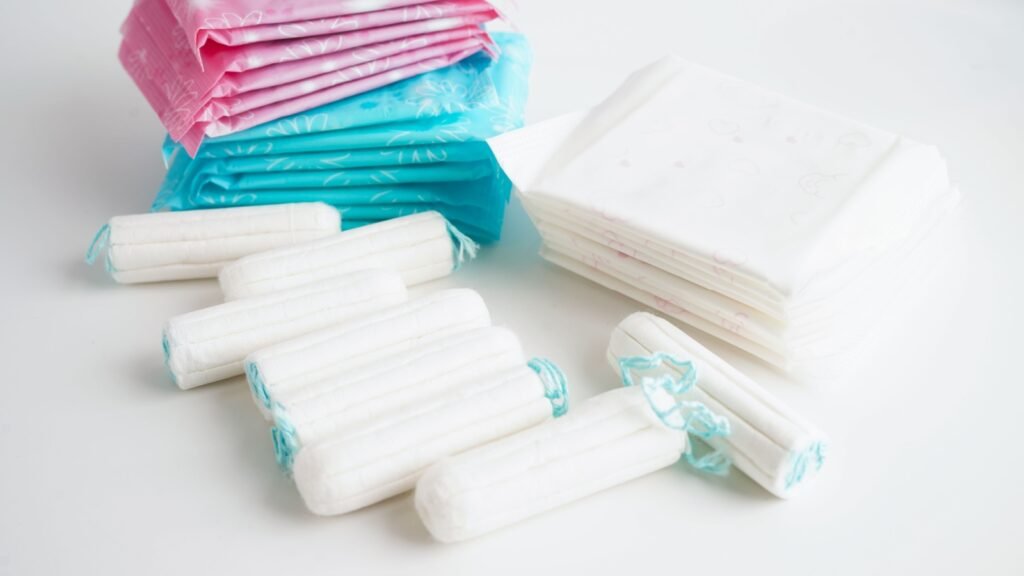
Clean water and food are vital, but many preppers underestimate the importance of hygiene and sanitation. Diseases can spread rapidly in unsanitary conditions. Stock up on items like soap, hand sanitizer, toilet paper, and feminine hygiene products. Learn basic sanitation practices and consider options for waste management in grid-down scenarios. Include items like bleach or water purification tablets for disinfecting water and surfaces.
Failing To Adapt Preps To Local Conditions

Cookie-cutter prepping advice doesn’t work for everyone. Many preppers fail to tailor their preparations to their specific geographical and climate conditions. Consider the most likely disasters in your area and prepare accordingly. Someone in Florida will have different needs than someone in Alaska. Research historical disasters in your area to better understand potential threats and necessary preparations.
Overcomplicating Bug-Out Bags

While it’s important to be prepared, some preppers make their bug-out bags too heavy or complex. Remember, in an emergency, you need to move quickly. Focus on the essentials and aim for a bag weight of no more than 20% of your body weight. Practice with your bag to ensure you can carry it comfortably for extended periods. Regularly review and update your bug-out bag contents to ensure they remain relevant to your current needs and situation.
Neglecting Vehicle Preparedness
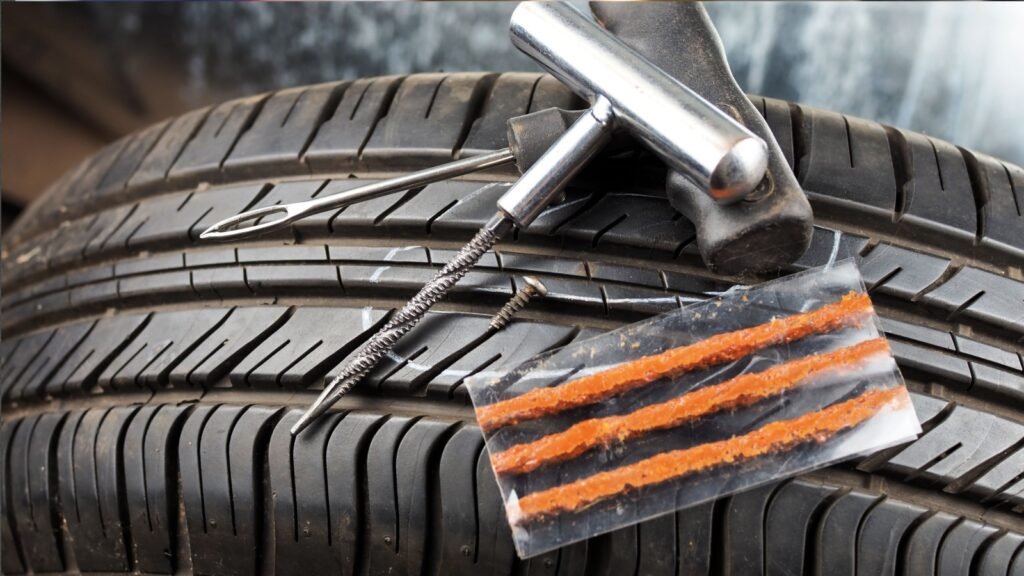
Your vehicle can be a crucial asset in an emergency, but many preppers overlook this aspect of preparation. Keep your vehicle well-maintained and equipped with emergency supplies. Consider learning basic auto repair skills and keeping spare parts on hand. A well-prepared vehicle can significantly expand your options in a crisis. Create a vehicle-specific emergency kit that includes items like jumper cables, a spare tire, and basic tools.
Failing To Involve Family Members In Prep Planning

Prepping should be a family affair, but many preppers make plans without involving their loved ones. This can lead to confusion and inefficiency in an actual emergency. Hold regular family meetings to discuss and practice your emergency plans. Make sure everyone knows their role and can access necessary supplies. Assign age-appropriate tasks to children to help them feel involved and prepared.
Overlooking The Need For Redundancy
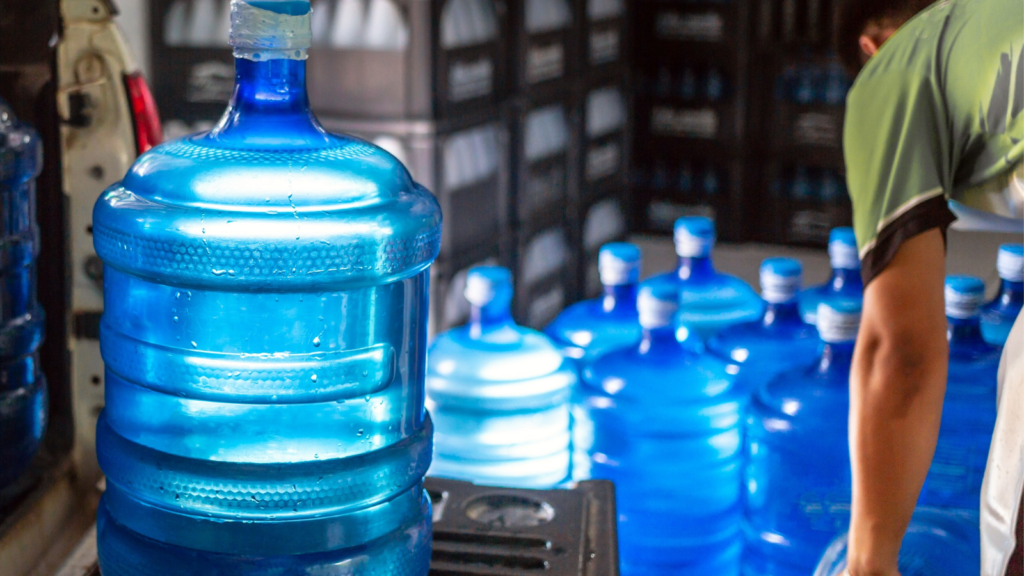
Relying on a single solution for critical needs is a common mistake. Many preppers forget the importance of backup plans and redundant systems. For every crucial prep, try to have at least one backup option. This applies to everything from water purification methods to escape routes. Regularly test your backup systems to ensure they’re functioning properly when needed.
Neglecting Operational Security

In your enthusiasm for prepping, it’s easy to overshare information about your supplies and plans. This can make you a target in a crisis. Practice good operational security (OPSEC) by being discreet about your preps. Be careful about what you share on social media or with casual acquaintances. Use generic terms when discussing your preparations in public and teach your family members to do the same.
Failing To Stay Informed About Current Events

While long-term preparation is important, many preppers neglect to stay informed about current events that could affect their immediate safety. Make a habit of regularly checking reliable news sources. Stay aware of local, national, and global events that could impact your area. Being informed allows you to adapt your preps to evolving situations. Consider setting up news alerts for keywords related to potential threats in your area.

